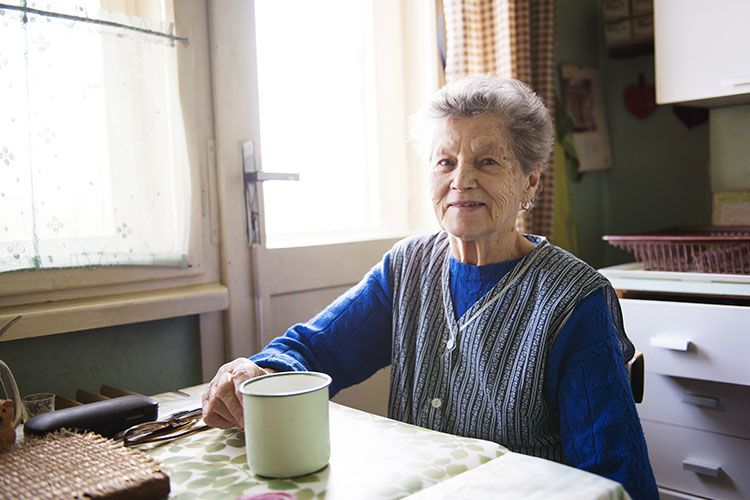Many families these days are forgoing the option of senior homes, instead taking a more personal approach to elderly care and giving care to their beloved parents right where they feel most loved and welcomed: at home.
To make sure your elderly parent is safe and sound under your roof, you may have to make adequate changes and adjustments to your household. Things like installing handrails in their bathrooms may seem simple but can really prove helpful especially if they have mobility issues.
Learn from the following tips if you’re looking to transform your family space into a senior-friendly home.
Reconstruct Surfaces for Better Footing
Cracked and uneven walkways can create unexpected problems for an elder resident. Make sure your entryways are nonslip with a scruffy surface to provide good foot grip. Build a special no-rise entry using ramps, and in parts inside the house where they will, inevitably, need to deal with stairs, install rails on both sides.
Install Good Lighting
Don’t let a diminished vision become a safety issue. See to it that they’re well-assisted in their private spaces by installing adequate wattage that will allow them to see their environments with ease.
Increase the lighting especially in entryways, and if you can, add motion-sensitive lights on ramps and stairs so it’s easier for them to move around.
Opt for Appliances That Are Easy to Use
When you have a senior at home, you should consider using things that are a breeze to operate. Too many buttons or too little instruction text can spell trouble to Grandma, who only wants to use the new microwave. Your appliances should work for you and not the other way around.
Make Things Accessible
You want your senior parent to be able to fend for themselves as much as possible. Be sure they can handle things on their own by making everyday things easily within their reach.
For instance, you can switch to open shelving designs that are installed low instead of high closed cabinets. Or to mitigate any fall from the shelves, you can use glass doors instead so they can easily identify the items they need without rummaging through a dim cabinet interior and risk injury.
Speaking of access, it may benefit you to always keep a spare key of their rooms. In case the personnel in-charge who has the spare key is not available, you can use simple everyday tools especially in the most emergency cases.
Slip-proof the Bathroom
Slips in the bathroom can be fatal to anyone regardless of age. But it’s specifically difficult for an aged loved one.
Install slip-preventive flooring to their bathroom space to ensure good footing every time they need it. A good way to do so is to opt for quality nonslip strips or nonskid bath mats. Don’t go cheap on these things as the quality can really affect their function. You don’t want to accidentally increase their risk of injury for saving a few dollars on a bath mat.
Install Grab Bars in the Bathroom
Make toilet use easy by installing grab bars the seniors can hold on to. This will not only support them when moving around the bathroom, but it will also aid them in getting up from the toilet seat, which, for the elderly, can really be a piece of work when done unassisted.
No Bathtubs
While bathtubs can be relaxing for the young ones, it can be potentially dangerous for a senior with loose footing. Eliminate the danger, and instead, opt for a bench inside the shower stall and a handheld showerhead.
Bathing while sitting down mitigates any possibility of a slip and makes for a relaxing bath session. Make sure the shower has adequate lighting so they can see and properly assess their environments well.
Final Word
The secret to aging in peace is to help your senior loved ones keep their independence as much as possible. Securing a safe environment where they can keep doing what they’ve always done on their own will help them age with grace and dignity, along with the people they love.
